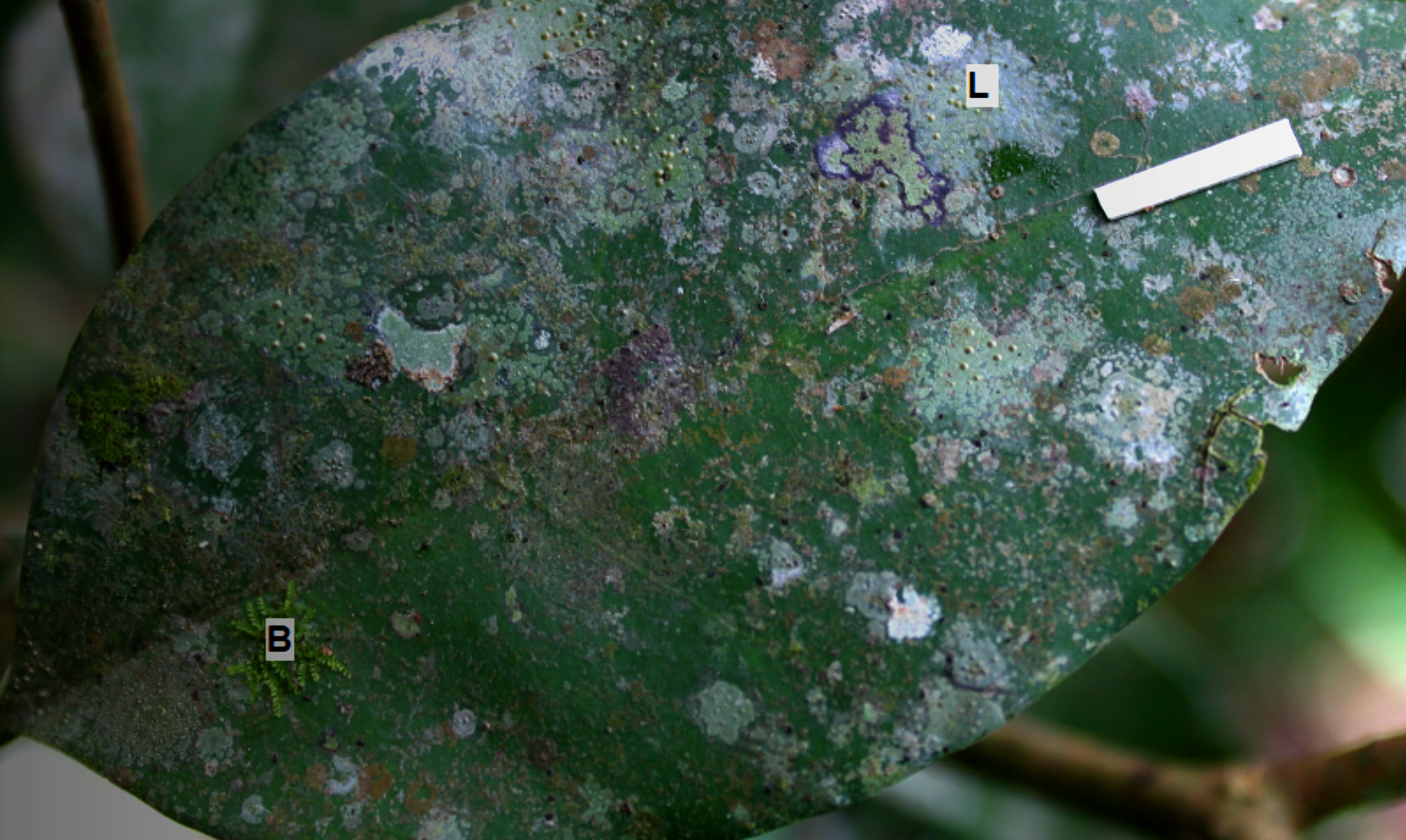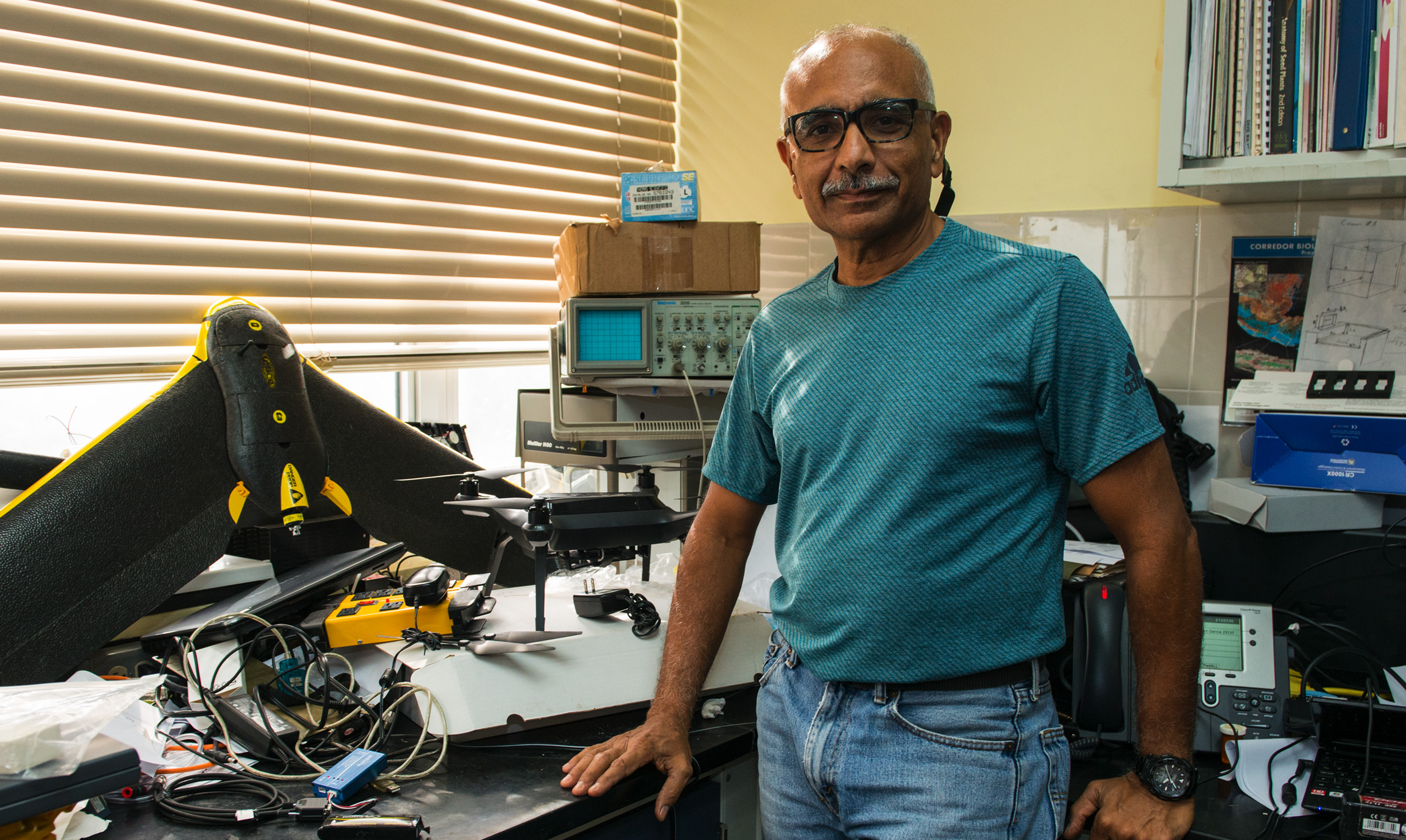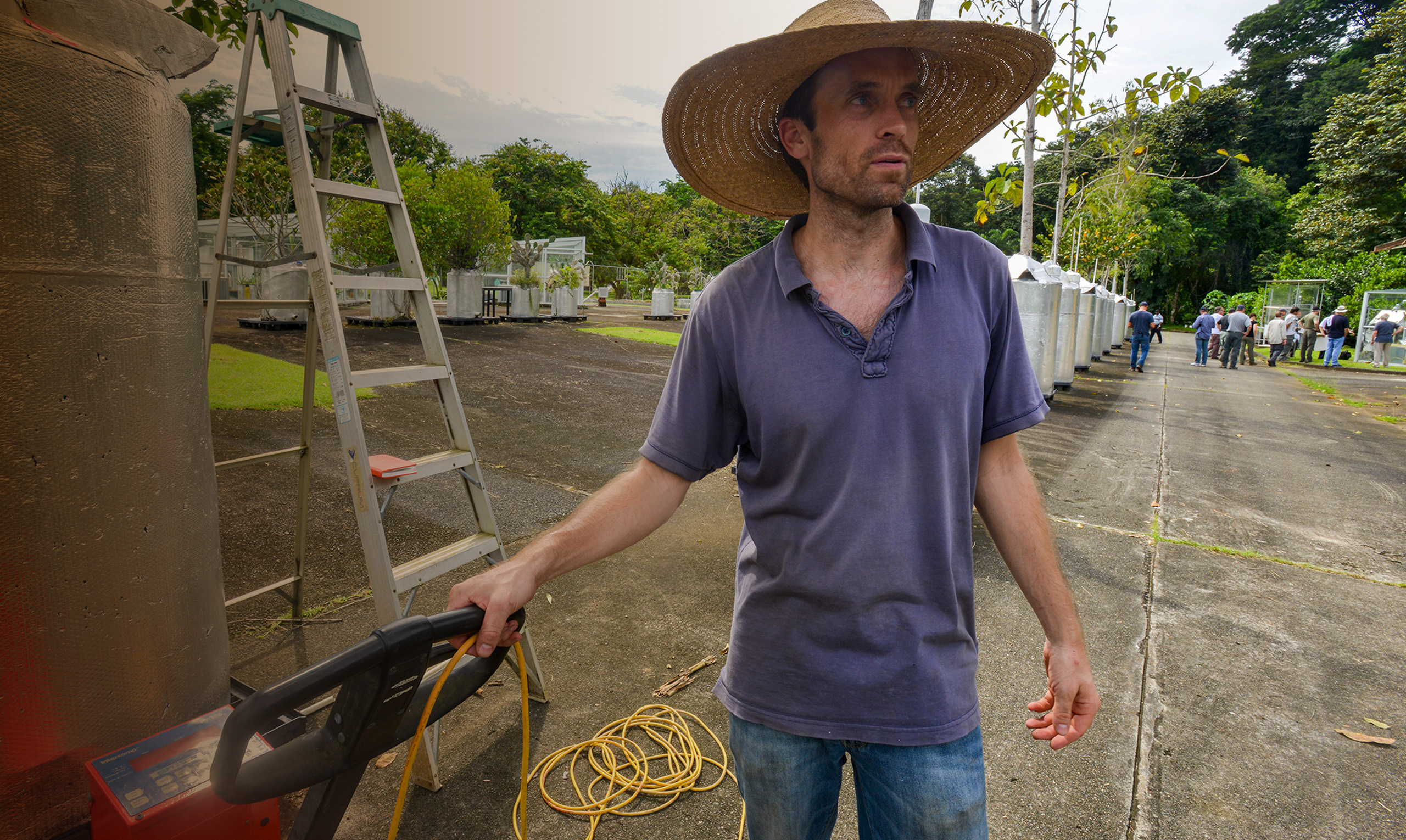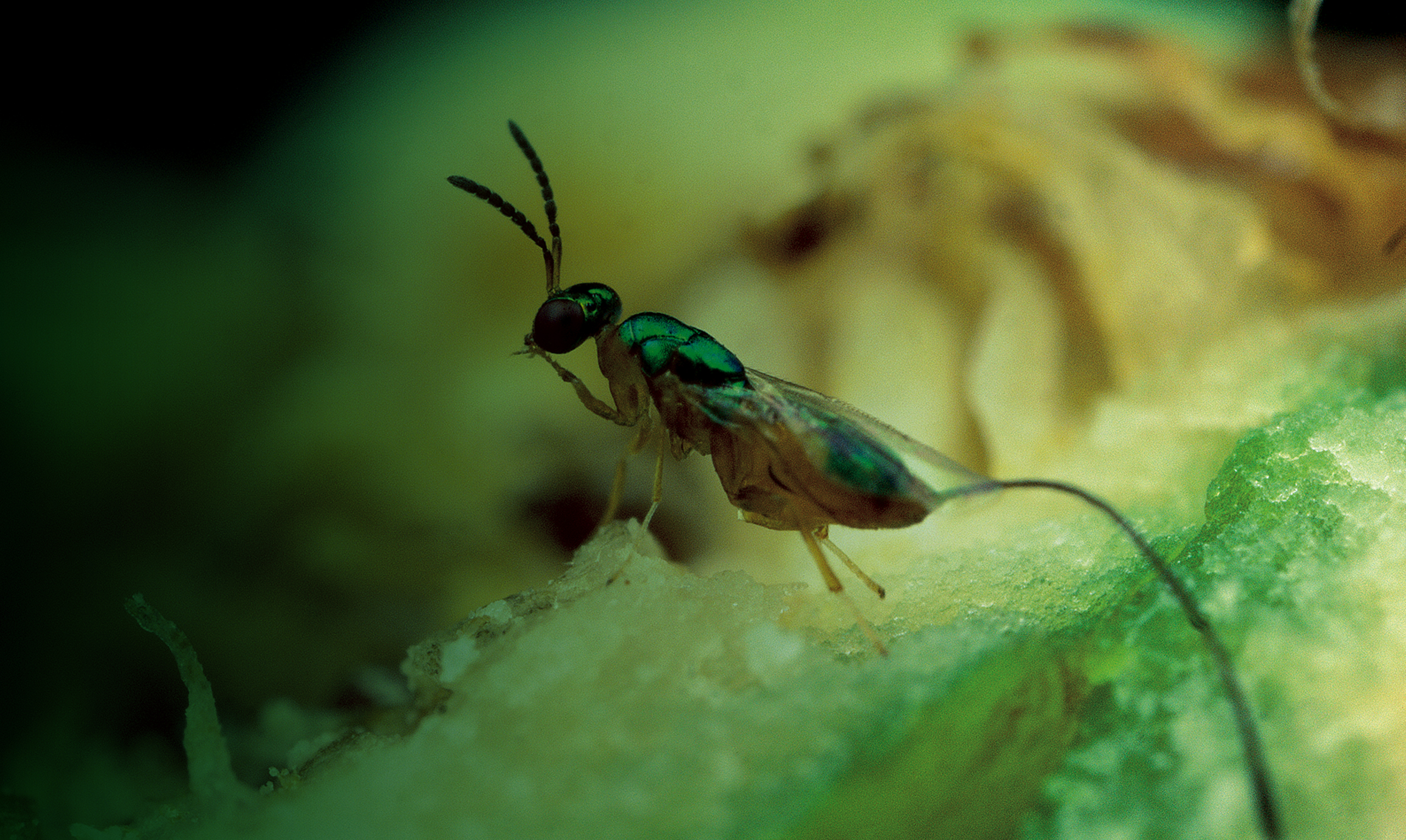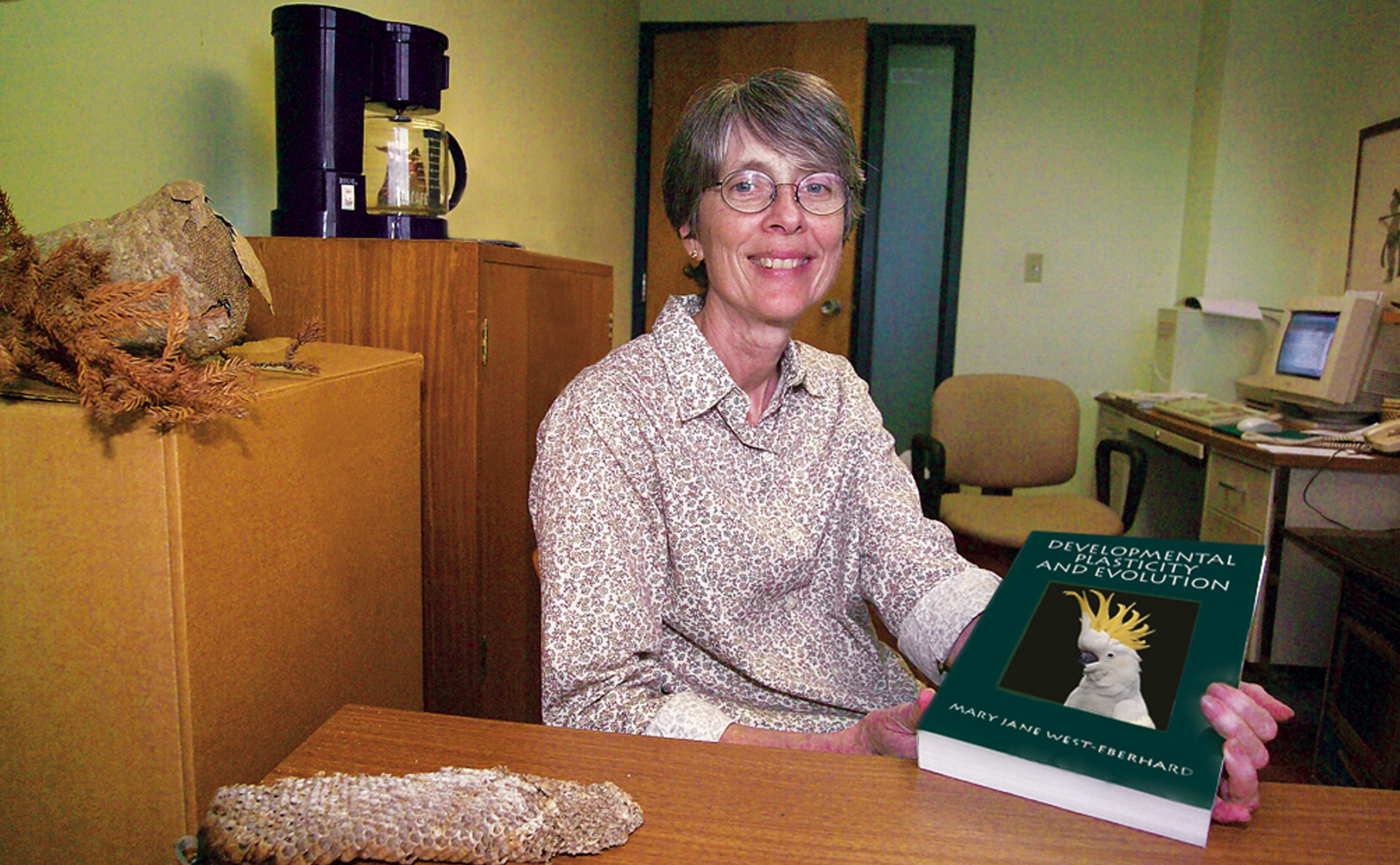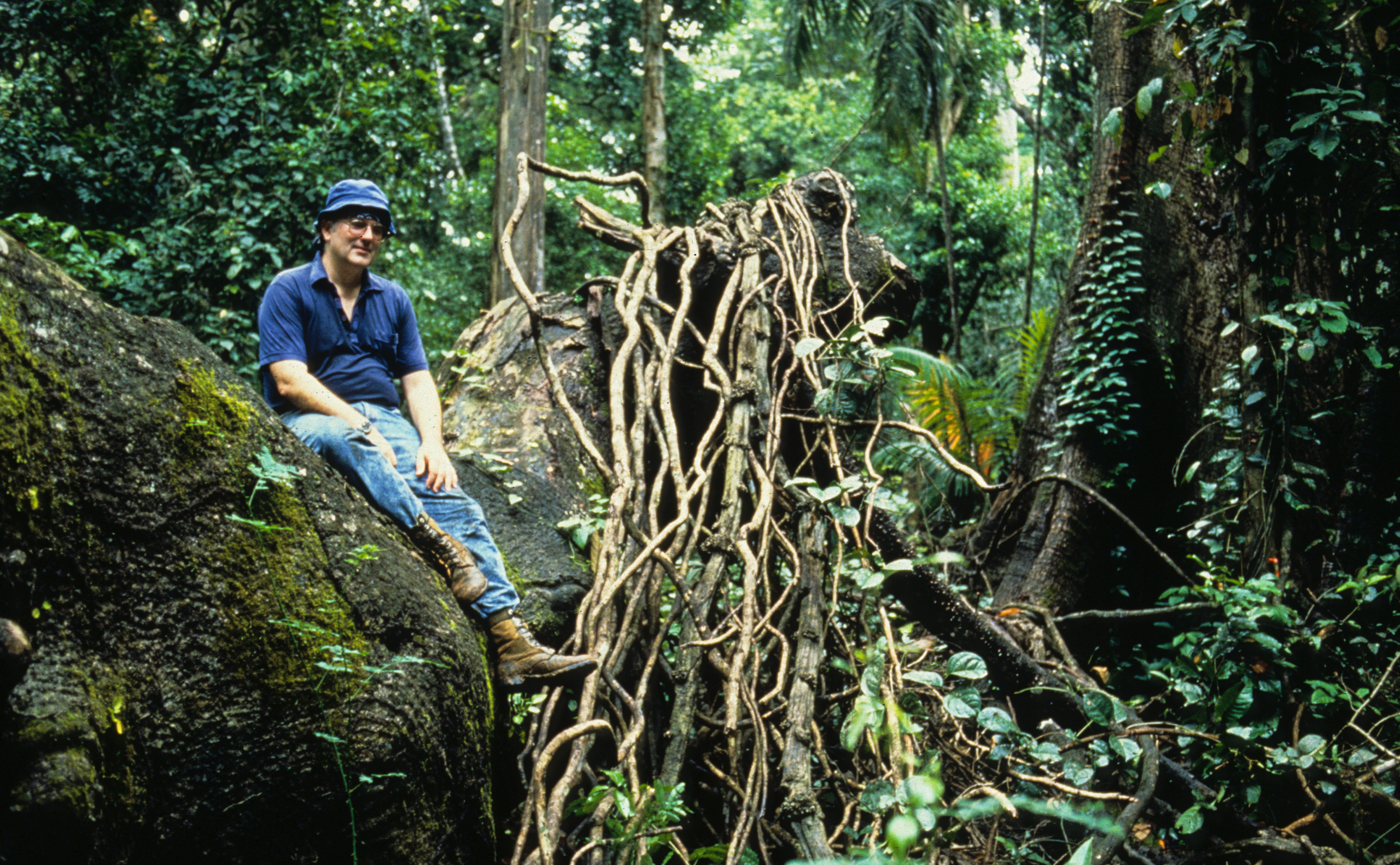Ecological and social interactions affect the behavioral responses of organisms. Ant societies in obligate mutualisms with plants are a fascinating pairing for studying coevolution. The plant and the needs it creates on the ant society shapes the behavior and morphology of society members.
Ph.D. Ecology, Evolution and Behavior. University of Texas at Austin, 2014. Dissertation: Brain and behavioral traits of acacia ants.
M.Sc. in Biology with honors. Universidad de Costa Rica, 2009. Dissertation: Division of labor and pruning behavior of acacia ants
B.S. in Biology. Universidad de Costa Rica, 2005.
Amador-Vargas S., Wcislo W.T. 2021. Nestmate interference in acacia ants vary with colony size and task-specialization. Animal Behavior 181: 151–163.
Gijsman, F., Gonzalez Y., Guevara M. & Amador-Vargas S. 2021. Short-term plasticity and variation in acacia ant-rewards under different conditions of ant occupancy and herbivory. The Science of Nature. 108(4):31. doi: 10.1007/s00114-021-01738-w.
Farji-Brener A.G.& Amador-Vargas, S. 2020. Plasticity in extended phenotypes: how the antlion Myrmeleon crudelis adjusts the pit traps depending on biotic and abiotic conditions. Israel Journal of Ecology and Evolution 66: 41–47.
Amador-Vargas, S., Dyer J., Arnold N., Cavanaugh L. & Sánchez E. 2019. Acacia trees with parasitic ants have fewer and less spacious spines than trees with mutualistic ants. Naturwissenschaften 107:3.
Amador-Vargas, S. & Mueller, U.G. 2017. Ability to reorient is weakly correlated with central-place versus non-central-place foraging in acacia ants. Behavioral Ecology and Sociobiology 71: 43.
Amador-Vargas, S., W. Gronenberg, W. Wcislo, U. G. Mueller. 2015. Specialization and group size: brain and behavioural correlates of colony size in ants lacking morphological castes. Proceedings of the Royal Society B. 282: 2014-2502.
Kardish, M.R., Mueller, U.G., Amador-Vargas, S., Dietrich, E.I., Ma, R., Barrett, B., Fang, C.-C., 2015. Blind trust in unblinded observation in Ecology, Evolution, and Behavior. Frontiers in Ecology and Evolution 3: 51.
Amador-Vargas, S., M. Dominguez, G. León, B. Maldonado, J. Murillo, and G. L. Vides. 2014. Leaf-folding response of a sensitive plant shows context-dependent behavioral plasticity. Plant Ecology 215: 1445–1454.
Amador-Vargas S. 2012c. Run, robber, run: parasitic acacia ants use speed and evasion to steal food from ant-defended trees. Physiological Entomology 37: 323-329.
Amador-Vargas S. 2012b. Behavioral responses of acacia ants correlate with age and location on the host plant. Insectes Sociaux. 59: 341- 350.
Amador-Vargas S. 2012a. Plant killing by acacia ants (Pseudomyrmex spinicola) increases the density of host species seedlings in the dry forest of Costa Rica. Psyche. Special Issue: Advances in Neotropical Myrmecology 2012: 1-6.
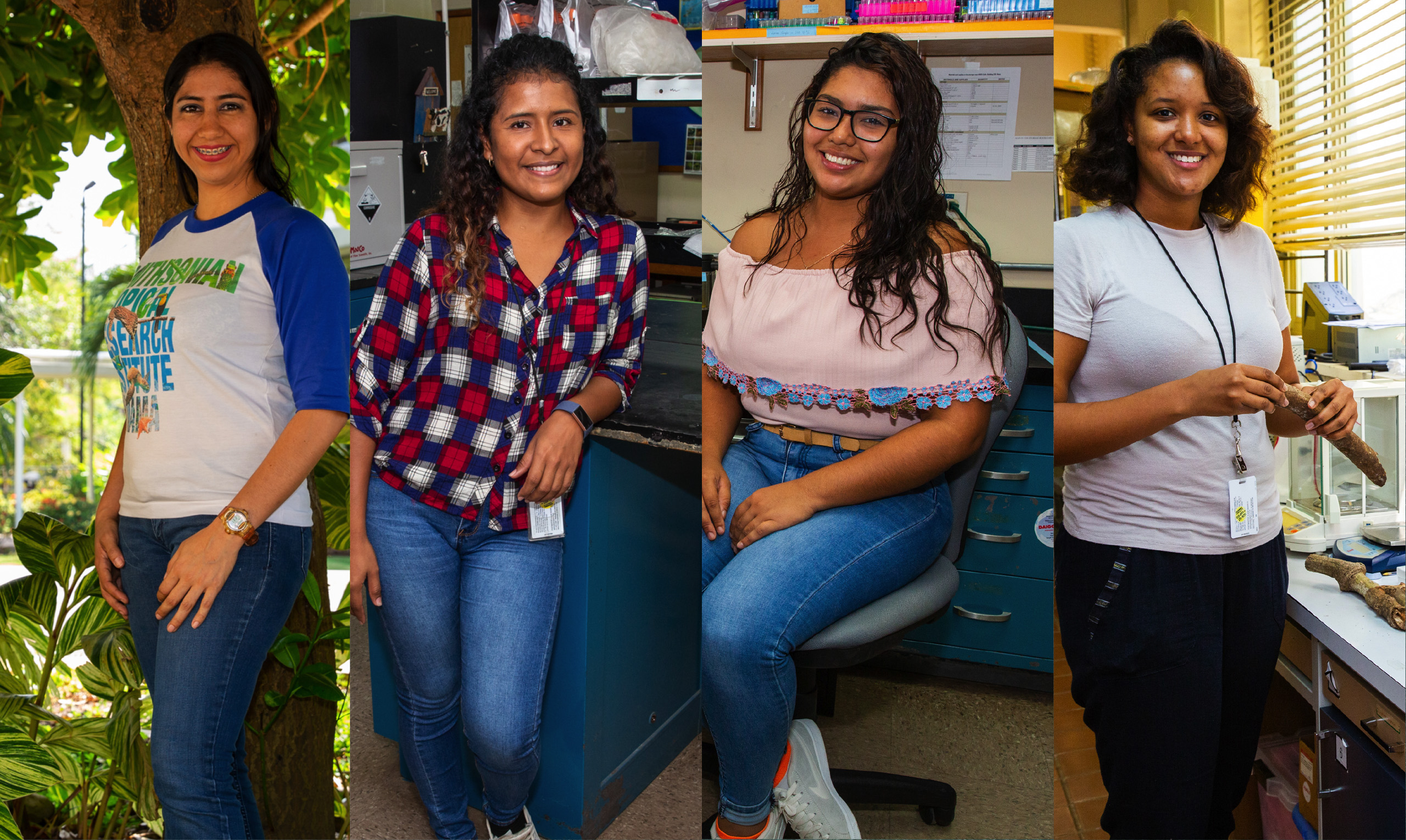 green
green





